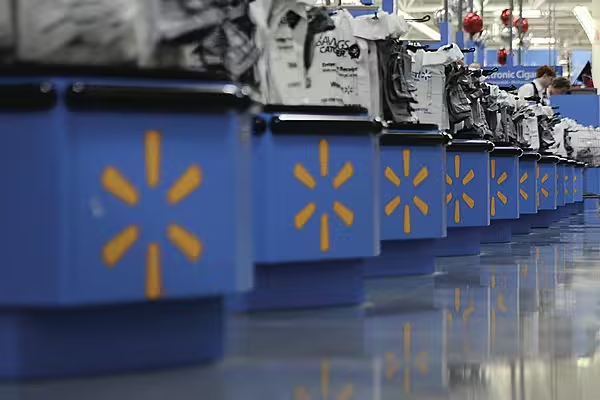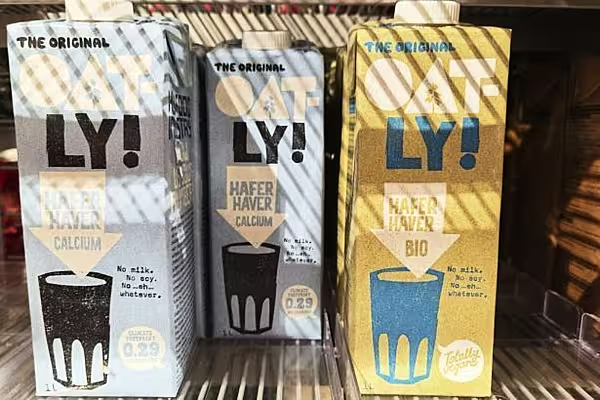China Resources Enterprise shares spiked the most in more than two decades in Hong Kong after announcing it is hiving off non-beer assets, including a loss-making venture with Tesco to focus on the world’s most popular beer.
The stock jumped 51 per cent to HK$23 as of 9:42 a.m. in Hong Kong after resuming trading from an 8 April trading halt. The benchmark Hang Seng Index rose 1.5 per cent.
The company will sell the non-beer assets for HK$28 billion ($3.6 billion) and as much as a 10 per cent stake to its state- wned parent, China Resources Enterprise, which makes beer with SABMiller, said in a statement to the Hong Kong exchange on Tuesday. The parent will offer HK$12.70 a share for the stake, it also said.
The move would help the company to improve its earnings. The operator of hypermarkets and seller of China’s Snow Beer is struggling amid a slowdown in the Chinese economy, having posted a full-year loss in March. China’s anti-graft and austerity measures have hurt sales at its stores, with the retail unit posting an underlying loss of HK$1.4 billion compared with HK$761 million in profit from the beer unit.
The disposal “turns the company from loss-making into profit-making immediately,” UOB-Kay Hian Holdings Ltd. analyst Renee Tai said. The deal will turn China Resources Enterprise “into a beer-focused business that owns the best-selling beer brand in the world since 2008 by sales volume, unburdened from the previous conglomerate structure,” the company said.
The shares had as of 8 April plunged 41 per cent since the company’s announcement in August 2013 to merge with Tesco’s loss-making China unit.
SABMiller entered its partnership to brew Snow Beer with China Resources Enterprise in 1994, and the brand became the world’s biggest beer brand by volume in 2008 when it overtook Bud Light, according to London-based SABMiller’s website.
China Resources Enterprise has struggled to integrate Tesco’s stores in China, with Chief Financial officer Frank Lai saying last month that turnaround for the venture may take three to four years.
Bloomberg News, edited by ESM














